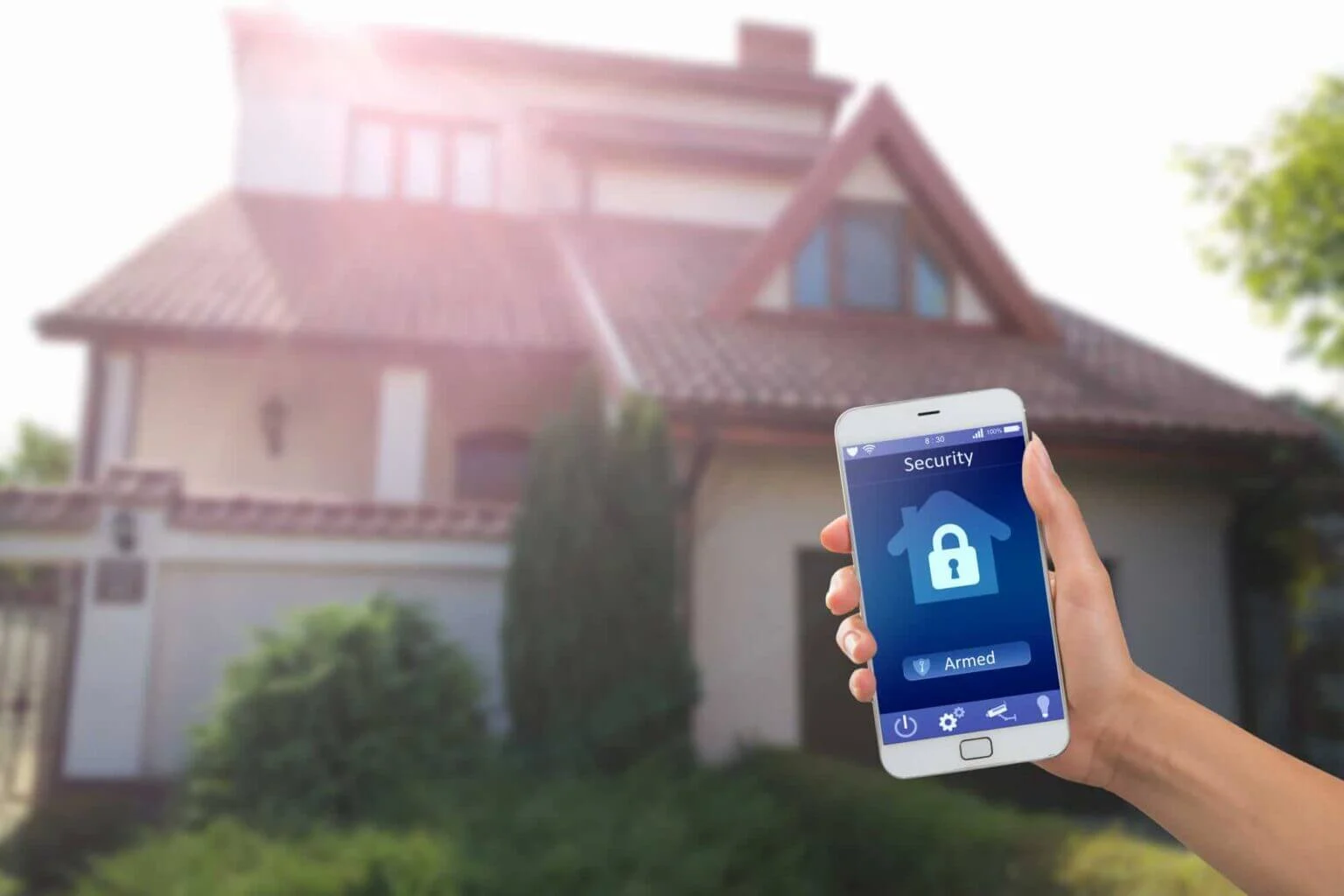It’s always the same moment, the sound you think you heard outside. Was that a car? Or maybe just the wind rattling a trash bin? You freeze for half a second, trying to piece together the clues. If you’re like most people, your driveway is just something you park on… until the day you wish it could talk.
That’s the thing about security. It isn’t only about locks and cameras. It’s about awareness, knowing what’s happening the instant it happens. For that, wireless driveway alarm systems have quietly become one of the smartest upgrades a homeowner can make.
Why Your Driveway Deserves More Respect
Let’s start with the obvious: your driveway is the first step into your world. It’s the front stage of your property, where guests, deliveries, and sometimes strangers cross over from “out there” to “right here.”
You probably already have some form of home security. Maybe a camera pointed at the door. Maybe motion lights that flare up when a raccoon decides to rummage through the bins. But how often do those lights or cameras give you the needed heads-up?
Most people don’t think about driveway security until something catches them off guard, like a stolen package, a visitor arriving without warning, or worse, a vehicle that doesn’t belong there. By the time you notice, they’re already too close for comfort.
A good driveway alarm changes that equation. It’s the early warning that shifts you from reacting to anticipating.
The Shift From Old School to Smart
A decade ago, driveway alarms were clunky, wired contraptions. They worked most of the time, but they had limits. Installation meant digging, running cables, and dealing with interference. Maintenance? Forget it.
Now? The game’s different. Driveway alarm systems, wireless, have cut the cord, literally. No trenching through your yard. No nightmare wiring diagrams. These are just discreet sensors that communicate instantly with your receiver inside your home, on your phone, or both.
And the best part? Wireless systems have evolved beyond the “ding” of old models. The best driveway alarm system today doesn’t just beep, it differentiates between vehicles, people, and wildlife. That means fewer false alerts and more trust in what you’re hearing.
A Day in the Life With a Smart Driveway Alarm
Let’s make it real. Picture a Saturday morning. You’re halfway through making coffee when your receiver chimes. The tone isn’t frantic; it’s the soft, familiar alert you set for approaching vehicles. You glance at your phone, see the live view, and smile. Your parents have decided to drop by early.
Or maybe it’s late at night. The neighborhood’s quiet. Your dog’s asleep at your feet. Suddenly, a different chime rings out. You check the alert; this is an unfamiliar truck creeping up your drive. You flip on the exterior lights from your phone, and the truck pauses, then backs out. No confrontation. No guessing game.
That’s the power of being in the know. It’s subtle, but it changes how you live in your home.
Beyond Home Use—A Tool for Businesses Too
While homeowners are often the first to think of driveway alarms, they’re not the only ones who benefit. Small businesses, farms, and warehouses rely on them daily.
Imagine you run a repair shop tucked off the main road. A customer arrives, but instead of waiting to hear a horn or a knock, you’re alerted when their car turns in. You can meet them at the door, ready.
For rural properties, the value is even greater. When your “driveway” is a quarter-mile of gravel, knowing when someone’s on the way isn’t just convenient; it’s necessary.
Choosing the Right Driveway Alarm
If you’ve ever Googled “best driveway alarm system,” you’ve probably been hit with many options. And here’s the thing: not all alarms are created equal.
Some rely purely on motion sensors, which can trigger at every passing leaf. Others use metal detection, which is great for ignoring foot traffic but might miss something small like a bicycle.
When you’re choosing, think about:
- Range: How far from the receiver will the sensor be? Wireless systems vary widely here.
- Detection type: Do you want only alerts for vehicles or people?
- Weather resistance: Rain, snow, and summer heat can break lesser systems.
- Expandability: Can you add more sensors later if you need them?
- Power source: Solar, battery, or hardwired; each has pros and cons.
The “best” isn’t just about brand, it’s about fit. The right system for a suburban driveway
